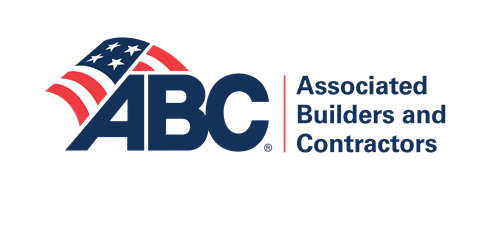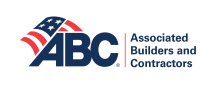
Associated Builders and Contractors (ABC) has submitted comments to the U.S. Treasury Department’s Internal Revenue Service (IRS) in response to a proposed rule implementing controversial labour policies through changes to the federal tax code by the ABC-opposed Inflation Reduction Act. ABC called on the IRS to provide further clarity and withdraw anti-competitive aspects of the proposal that would increase costs, reduce competition and delay the construction of clean energy projects eligible for more than $270 billion in federal tax incentives from the Inflation Reduction Act (IRA).
“If the Biden administration is truly committed to the Inflation Reduction Act’s stated goal of promoting the construction of critical clean energy infrastructure, Treasury and the IRS must significantly revise the proposed rule to clarify prevailing wage and apprenticeship requirements and eliminate unnecessarily burdensome provisions that depart from the letter of the law,” said Ben Brubeck, ABC vice president of regulatory, labour and state affairs. “Otherwise, increased costs and widespread delays on clean energy construction projects are inevitable as developers and contractors struggle to understand and comply with cumbersome and unclear regulations.”

“While inflationary prevailing wage regulations and government-registered apprenticeship mandates that limit small business and workforce participation are unfortunately required by the Inflation Reduction Act, the agencies can still take important steps to provide clarity and lessen burdens for taxpayers and contractors. Among many other recommended changes to the proposed rule outlined in ABC’s comments, IRS must ensure clear prevailing wage classifications are readily available to contractors seeking to pay appropriate wages and establish apprenticeship requirements and exceptions that align with actual industry practice.”
The Treasury’s Notice of Proposed Rulemaking, Increased Credit or Deduction Amounts for Satisfying Certain Prevailing Wage and Apprenticeship Requirements, proposes regulations clarifying the applicability of tax credits for the construction of private clean energy projects funded by the IRA––including solar, wind, hydrogen, carbon sequestration, electric vehicle charging stations and more––conditioned on compliance with controversial prevailing wage and government-registered apprenticeship requirements. Effective Jan. 30, project developers who satisfy these regulations are eligible for a 500% increase in tax credits compared to baseline tax credits offered to developers under previous regulations.
“Additionally, the agencies must fully withdraw provisions of the proposed rule that incentivise project labour agreements that restrict competition and unfairly favour unions. Project labour agreements often prevent contractors from utilising their established workforce,” said Brubeck. “Given that less than 12% of the U.S. construction industry is unionised and the construction industry is facing a skilled labour shortage of more than 500,000 people in 2023, these policies must be removed to ensure that the vast majority of the workforce is able to work on projects receiving IRA tax credits through fair and open competition.”
According to a survey of ABC contractor members published Oct. 24, 98% of respondents stated that controversial prevailing wage and government-registered apprenticeship policies imposed by the Inflation Reduction Act would make them less likely to bid on clean energy projects.
ABC also led a coalition of a dozen construction and business associations in comments urging the IRS to provide regulatory clarity and to abandon its illegal and coercive scheme to push clean energy project developers into requiring PLAs.
ABC previously submitted comments on Nov. 4, 2022, to Treasury in response to its request for comments on future initial guidance implementing these tax credits. ABC outlined concerns with the IRA’s unprecedented expansion of inflationary prevailing wage and apprenticeship requirements and the lack of clear guidance from the Treasury due to its failure to issue regulations through traditional notice-and-comment rulemaking.
ABC issued a Nov. 29, 2022, statement on the IRS/Treasury’s inadequate initial guidance.
Following extensive feedback from ABC and industry stakeholders on the November 2022 guidance, this summer, the Biden administration announced a formal rulemaking on the matter.
Stakeholders can review ABC and government resources on the IRA tax credits for clean energy projects at abc.org/ira.










